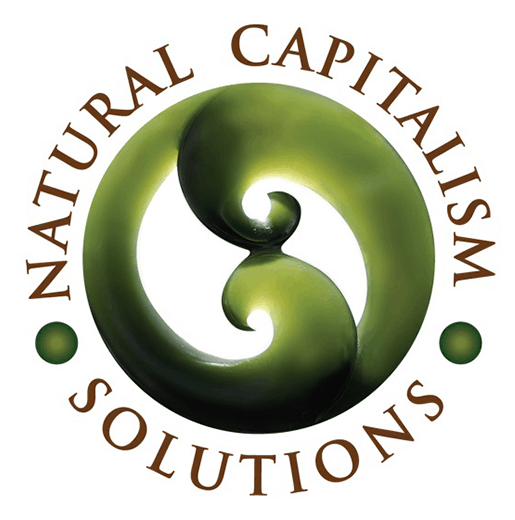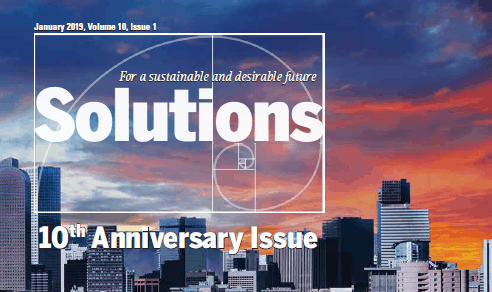How do you create a finer future where you live? The Regenerative Communities Network, founded by Capital Institute’s John Fullerton and Stuart Cowan have an answer.
Hundreds of people and almost two dozen communities around the world are embodying Fullerton’s principle of “Regenerative Capitalism: How Universal Principles and Patterns Will Shape the New Economy,” in real places.
“Nature is sustainable because it is regenerative.”
This observation by John Fullerton asks us to look beyond conventional sustainability efforts to underlying drivers. Nature has been regenerating itself for billions of years, but the concept only entered human discourse when Buckminster Fuller set out to critique capitalism by describing “the integrity of eternal regeneration,” as the organizing principle of the universe.
Bucky’s grasp of capitalism (and simple syntax) may leave a bit to be desired, but in fairness, economics was simpler back then, before algorithms and artificial intelligence drove trading regimes to imperil global prosperity. It was left to Fullerton, an apostate banker, to blend Bucky’s concepts of regeneration with a sophisticated understanding of economics and finance.
Fullerton left a comfortable position as Managing Director at JP Morgan to enter a decade of deep study and awakening. Like Bucky, he determined that the essence of the evolutionary process and natural systems is regeneration. He framed eight principles drawn from living systems to suggest that we organize society very differently. His articulation of an economy aligned with nature’s principles and the laws of physics rests on the patterns and principles that the living and non-living universe uses to build stable, healthy and sustainable systems.
This concept spread slowly before exploding in 2017. Now, dozens of conferences consider various aspects of regenerative agriculture, regenerative organizations, regenerative society, and even regenerative marketing (whatever that means).


Leave a Reply